 Researchers and practitioners are embarking on topics, such as digital agriculture, big data and social media. The research program of Dr. Ataharul Chowdhury aligns with this exploration and seeks to advance understanding about innovative use of social and collaborative media for enhancing knowledge mobilization, learning and innovation networks of agricultural professionals.
Researchers and practitioners are embarking on topics, such as digital agriculture, big data and social media. The research program of Dr. Ataharul Chowdhury aligns with this exploration and seeks to advance understanding about innovative use of social and collaborative media for enhancing knowledge mobilization, learning and innovation networks of agricultural professionals.
He has been collaborating on several studies to investigate social and collaborative media for supporting innovation networks of agricultural professionals. These collaborations result in recent publications in several refereed journals of agricultural extension. The articles provide new insights into use of social media in agriculture, food and rural sector as well as use of big data analytics in social media research. Feedback or discussion on possible works are welcome to email Dr. Ataharul Chowdhury.
The study in Ontario analyzed Facebook and Twitter networks of public sector, non-profit and producer organization. The authors argued that stakeholders could be more innovative in their use of social media, but they would be unlikely to do so, without tapping into beneficial interactions of weak ties, as well as fostering strong ties. They also need to utilize the high brokerage role of key facilitating organizations and develop a social media strategy by integrating both ‘online’ and ‘offline’ interactions. Read more on this artice at: "Social Media for Enhancing Stakeholders' Innovation Networks in Ontario, Canada".
A similar study conducted by Dr. Chowdhury analyzed and compared Facebook networks of different agricultural organizations (public sector, non-profit, private and producer organizations) in Trinidad & Tobago. The findings indicate that organizations received more ties from other nodes than created ties with others in their networks. The study concluded that the public sector reached out diverse and largest number of actors and had highest brokerage roles in their network. Next to the public sector, both non-profits and private organizations had substantial reach of their page network. However, the page of non-profits and producer organization had dense network and rapid information flow. Read more about this study at "Conference Proceedings: 34th Annual Conference of AIAEE" on pages 177-178.
In a study Dr. Chowdhury and his colleagues investigated extension agent’s use and acceptance of social media in Bangladesh. The study concluded that social media was perceived by extension agents as a means for improving professional performance, such as disseminating agricultural information; garnering support for new agricultural policy; networking with clients and colleagues and enabling coordination of services provided by colleagues. Read more on this study at "Extension Agents’ Use and Acceptance of Social Media: The Case of the Department of Agricultural Extension in Bangladesh".
In another study, Dr. Chowdhury and his colleagues found that agricultural communicators mainly used Smartphone to access social media in USA. Facebook and Twitter were the two most used platforms. The communicators used social media to disseminate information rather than to engage in conversations. ‘Perceived usefulness’ and ‘perceived ease of use’ were two important factors influencing agricultural communicators’ use of social media. Read more on this study at "Agricultural communicators' use of mobile devices and social media in USA".
*Reposted from https://www.uoguelph.ca/sedrd/news/2018/11/new-publications-social-media-big-data-analytics-and-innovation-networks.




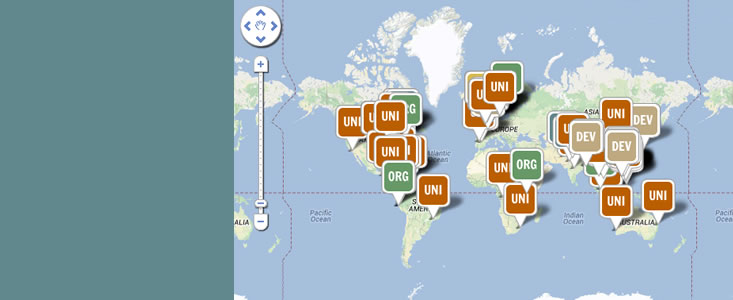
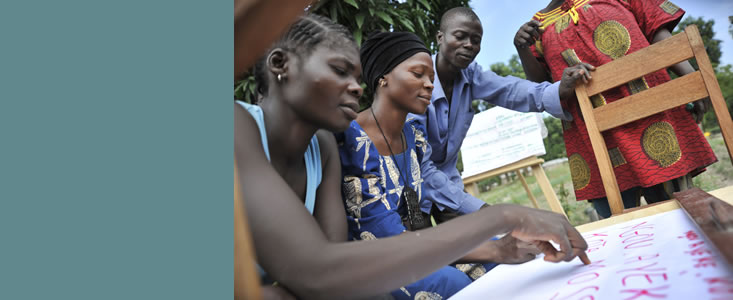
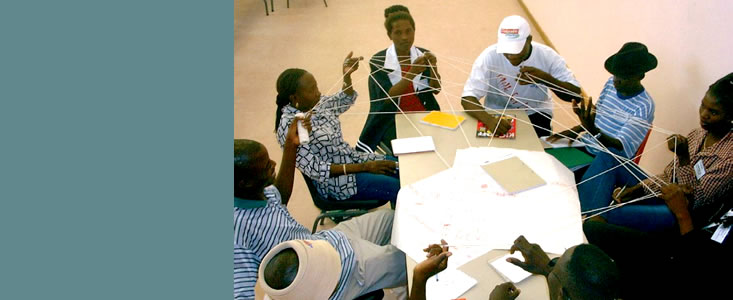
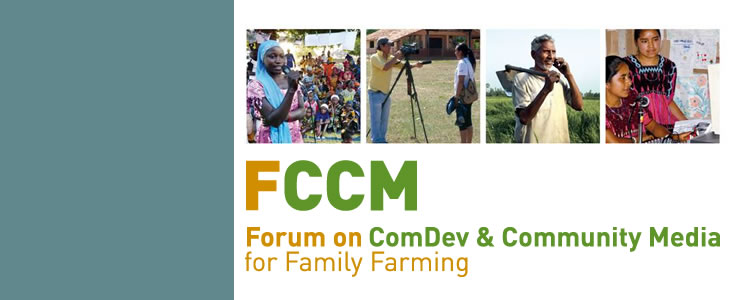
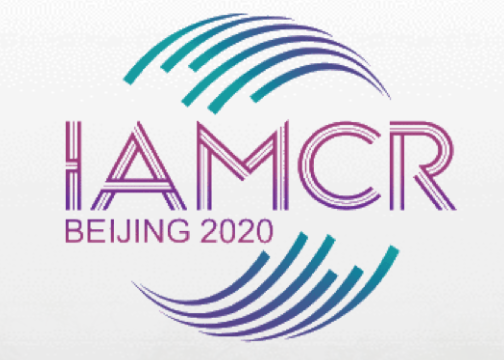 The International Association for Media and Communication Research (IAMCR) invites everyone to submit their abstracts and proposals for panels for the 2020 Congress of the Association with the theme, "Reimagining the Digital Future: Building Inclusiveness, Respect and Reciprocity" which will be held on 12 to 16 July 2020 at Tsinghua University in Beijing, China.
The International Association for Media and Communication Research (IAMCR) invites everyone to submit their abstracts and proposals for panels for the 2020 Congress of the Association with the theme, "Reimagining the Digital Future: Building Inclusiveness, Respect and Reciprocity" which will be held on 12 to 16 July 2020 at Tsinghua University in Beijing, China.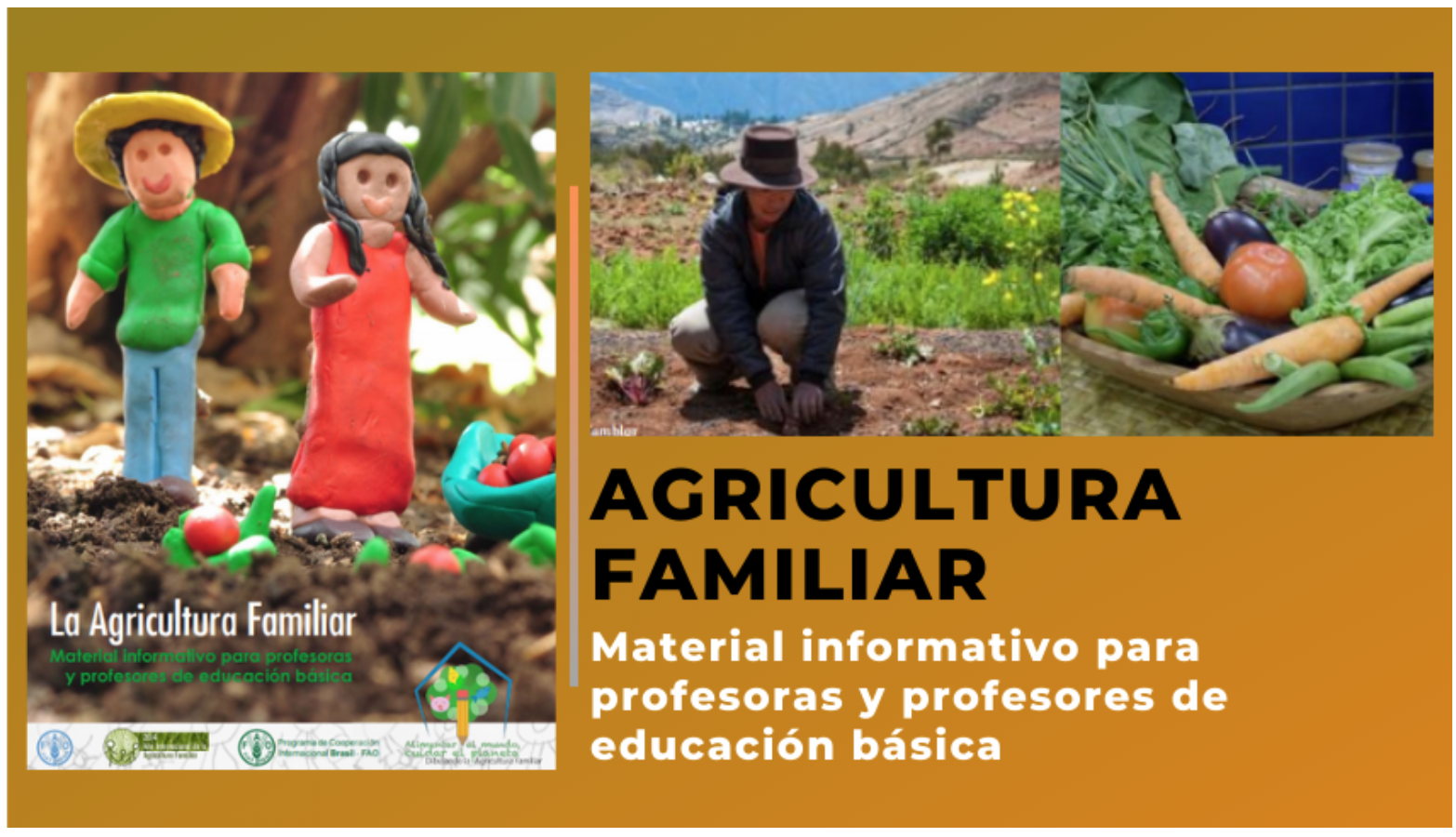 Information material on basic notions of Family Farming was published by the Food and Agriculture Organisation to those who are teaching basic education classes.
Information material on basic notions of Family Farming was published by the Food and Agriculture Organisation to those who are teaching basic education classes.  The organizers of the 2020 International Social and Behavior Change Communication (SBCC) Summit have announced its call for proposals/abstracts for next year's Summit.
The organizers of the 2020 International Social and Behavior Change Communication (SBCC) Summit have announced its call for proposals/abstracts for next year's Summit.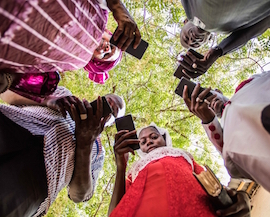 Many studies have noted the decreasing interest of the youth in agriculture. However, digital technologies can facilitate youth engagement in the sector to address unemployment and food insecurity.
Many studies have noted the decreasing interest of the youth in agriculture. However, digital technologies can facilitate youth engagement in the sector to address unemployment and food insecurity. A TV series using entertainment-education principles helps change farmers’ beliefs and pest management practices in Vietnam.
A TV series using entertainment-education principles helps change farmers’ beliefs and pest management practices in Vietnam. In the University of Queensland, Master students in
In the University of Queensland, Master students in 
 Tsunamis are frequent in Indonesia and more than 35% of them are deadly. The December 26, 2004 tsunami claimed 178,000 lives in the island of Sumatra. In hindsight, the weak tsunami resilience of the people contributed to the terrible catastrophe. Many people were unaware, unprepared, and lacked knowledge about tsunamis. The mass media reported on the December 26 tragic consequences but did not provide substantial information about tsunamis (Morin et al., 2008).
Tsunamis are frequent in Indonesia and more than 35% of them are deadly. The December 26, 2004 tsunami claimed 178,000 lives in the island of Sumatra. In hindsight, the weak tsunami resilience of the people contributed to the terrible catastrophe. Many people were unaware, unprepared, and lacked knowledge about tsunamis. The mass media reported on the December 26 tragic consequences but did not provide substantial information about tsunamis (Morin et al., 2008).